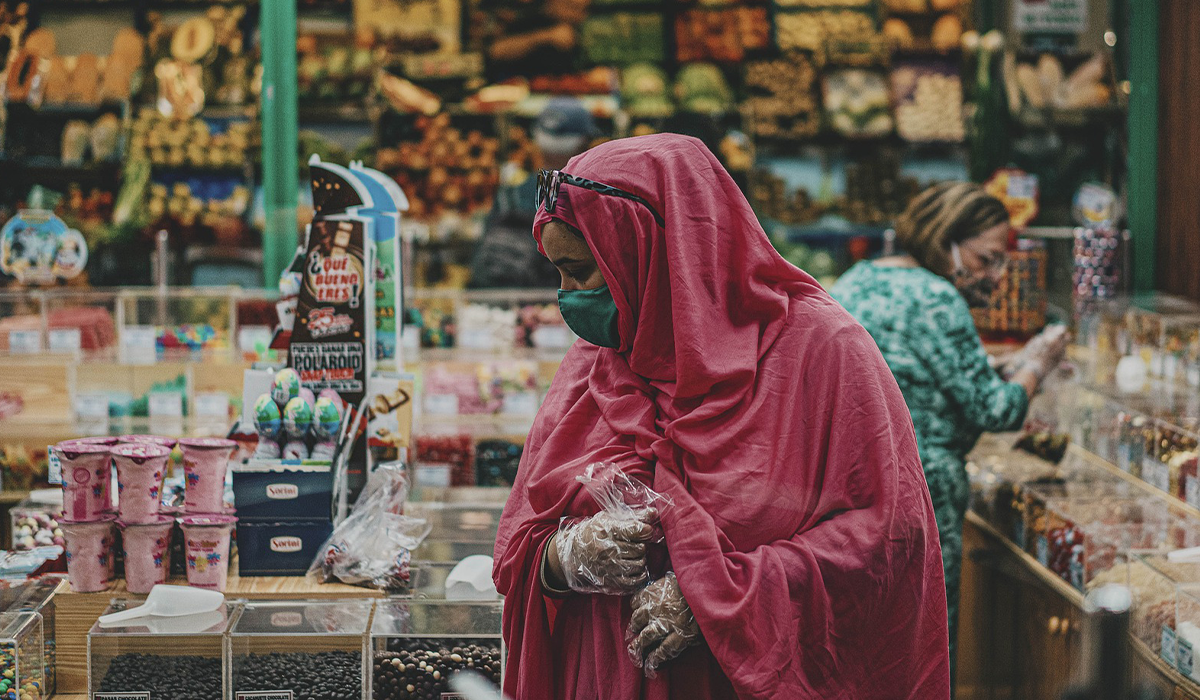
While COVID-19 is a devastating historical event, it also offers the opportunity for new innovative methods to do better, more accessible and wider reaching community engagement. With this in mind, the Department of Family Medicine and Community Health at the University of Minnesota Medical School conducted a survey with the goal of building capacity to ensure sustained and effective engagement of Somali immigrants in COVID-19-related research.
Be creative with community engagement methods
The Somali community in Minnesota is very interested in culturally-based supports that provide opportunities to participate in community engagement when it is presented in a culturally relevant, trusted way. However, community engagement activities with the Somali community during COVID-19 have been challenging for agencies. Even during a pandemic, agencies can be creative in reaching a diverse group of community members.
"I think that the government needs to hear our perspectives, so that they can be taken into action to help this pandemic."
- Survey participant
Build confidence in the process
There was a strong directive from the community to build trust and engage in a sustained dialogue, partnership and relationship with health systems and policy makers. It is important for their views on COVID-19 to be heard in order to raise awareness and address the needs of the larger community. To carry out the most effective community engagement and build confidence in it, participants indicated that they needed to:
- Feel listened to;
- build trust with the healthcare system, providers, and government agencies; and
- have a role in decision making.
Addressing barriers such as communication challenges and the experience of racism can help to build and grow the trust needed for engagement.
Respond to the community’s priorities
Engaging communities on the issues and concerns that are most important to them is important for building trust. Of the 14 COVID-19-related topics shown to the survey participants, each participant could choose only five that they believed were the top priorities for future research. Of all the responses, the top three topics were:
- Care provided to Somali COVID-19 patients
- Methods for encouraging prevention of COVID-19
- Experiences of racism when seeking COVID-19 help in the health system
Participation in Research
For the majority of the participants (84%), this survey was their first time taking part in research--about a third indicated interest in continuing participation in future research. The following were said to be the best encouragement or support for future participation in research:
- A trusted connection to an individual in the research
- Payment or compensation for participation
- A topic of interest or concern